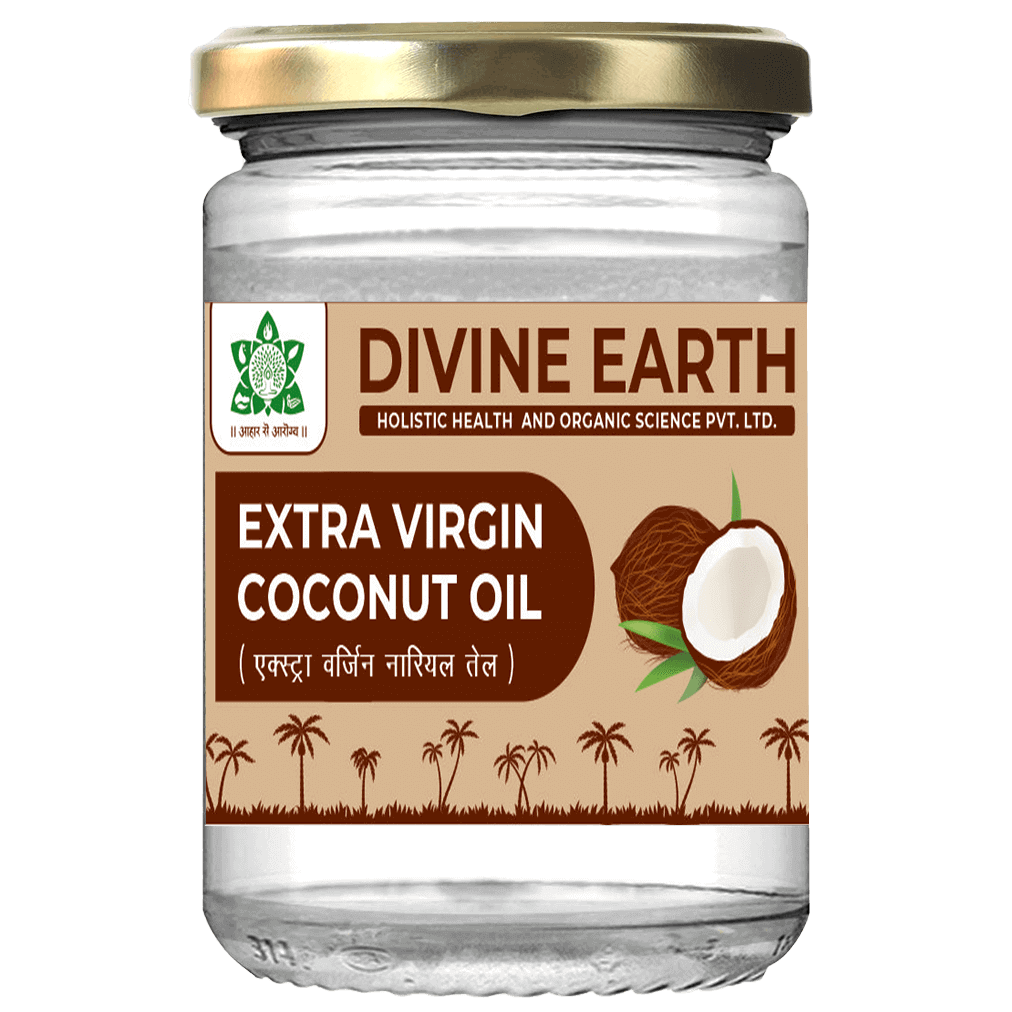EXTRA VIRGIN COCONUT OIL – 100 ML
Original price was: ₹140.0.₹112.0Current price is: ₹112.0.
- Description
- Additional information
- Reviews (0)
- Q & A
- Sustainability Remark
- More Offers
- Store Policies
- Inquiries
| Weight | 1 LITRE, 100 ML, 250 ML, 500 ML |
|---|
You must be logged in to post a review.
Q & A
Environmental Benefits: Organic oils are produced using organic farming practices that prioritize environmental sustainability. These practices typically avoid the use of synthetic pesticides, herbicides, and genetically modified organisms (GMOs), which can have detrimental effects on ecosystems, soil quality, and water resources. Organic farming methods promote biodiversity and the preservation of natural habitats.
Reduced Chemical Load: Conventional oil production often involves the use of synthetic chemicals, including pesticides and fertilizers, which can have adverse effects on human health and the environment. Organic oils, on the other hand, are produced without the use of these chemicals, thereby reducing the chemical load on the environment and minimizing potential risks to human health.
Soil Conservation: Organic farming practices emphasize soil conservation and the use of natural fertilizers, such as compost and manure. These methods help maintain soil fertility and structure, promoting long-term sustainability and preventing soil erosion. Healthy soils are essential for sustainable agriculture and play a vital role in carbon sequestration.
Water Conservation: Organic farming techniques typically prioritize efficient water use and conservation. By minimizing the application of synthetic fertilizers and pesticides, organic oil production reduces the risk of water pollution and protects water quality. Moreover, organic farming practices, such as crop rotation and cover cropping, help improve water retention in soils and reduce water requirements.
Social and Economic Aspects: Organic oil production often involves smaller-scale farmers and cooperatives, supporting local economies and rural communities. By choosing organic oils, consumers can contribute to sustainable livelihoods for farmers, fair trade practices, and the preservation of traditional farming knowledge.
Renewable and Biodegradable: Organic oils are typically derived from renewable resources, such as plant seeds, nuts, or fruits. They are biodegradable and do not contribute to long-term environmental pollution or accumulation. This characteristic aligns with the principles of a circular economy, where resources are utilized efficiently and waste is minimized.
While organic oils offer sustainability benefits, it's important to consider other factors such as transportation and packaging when assessing the overall sustainability of a product. Additionally, certifications, such as USDA Organic or European Organic, can provide assurance that the oils meet specific organic standards and further support their sustainability claims.
General Inquiries
There are no inquiries yet.



Reviews
There are no reviews yet.